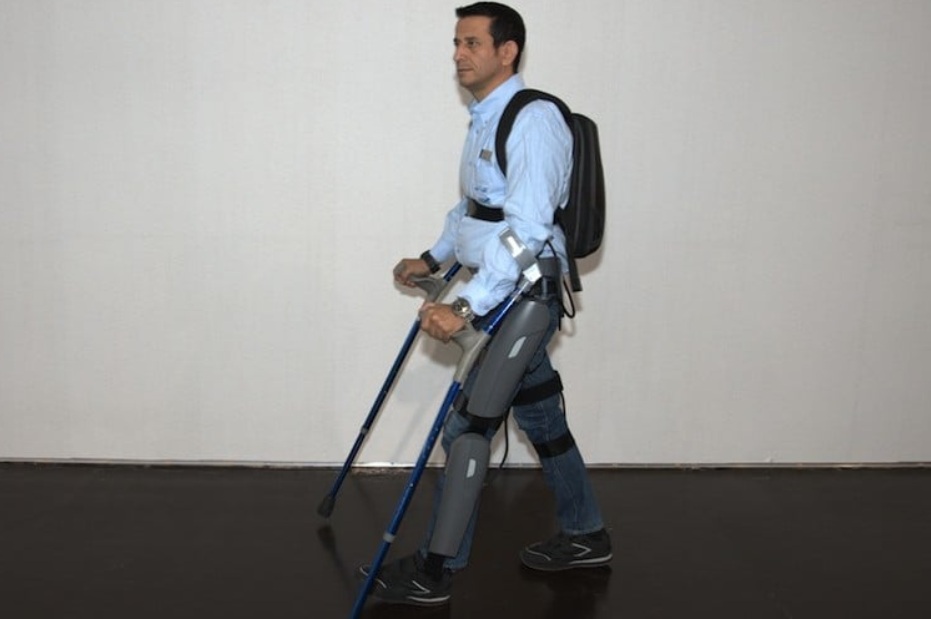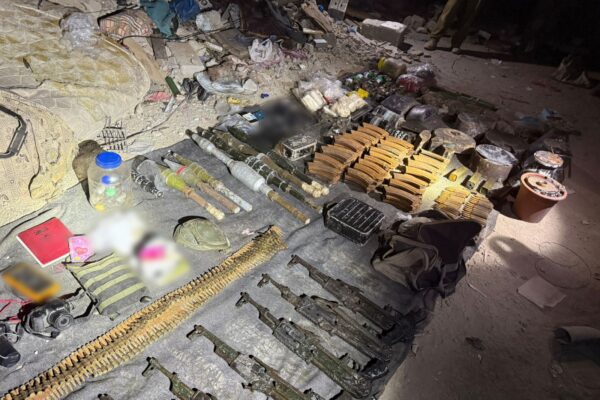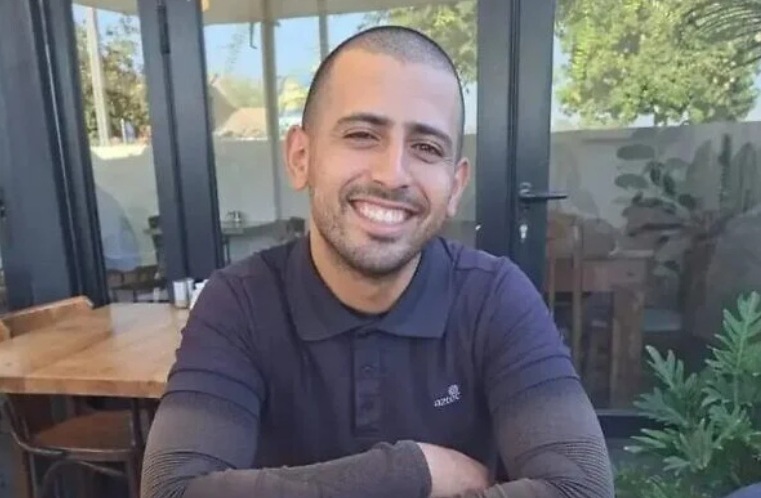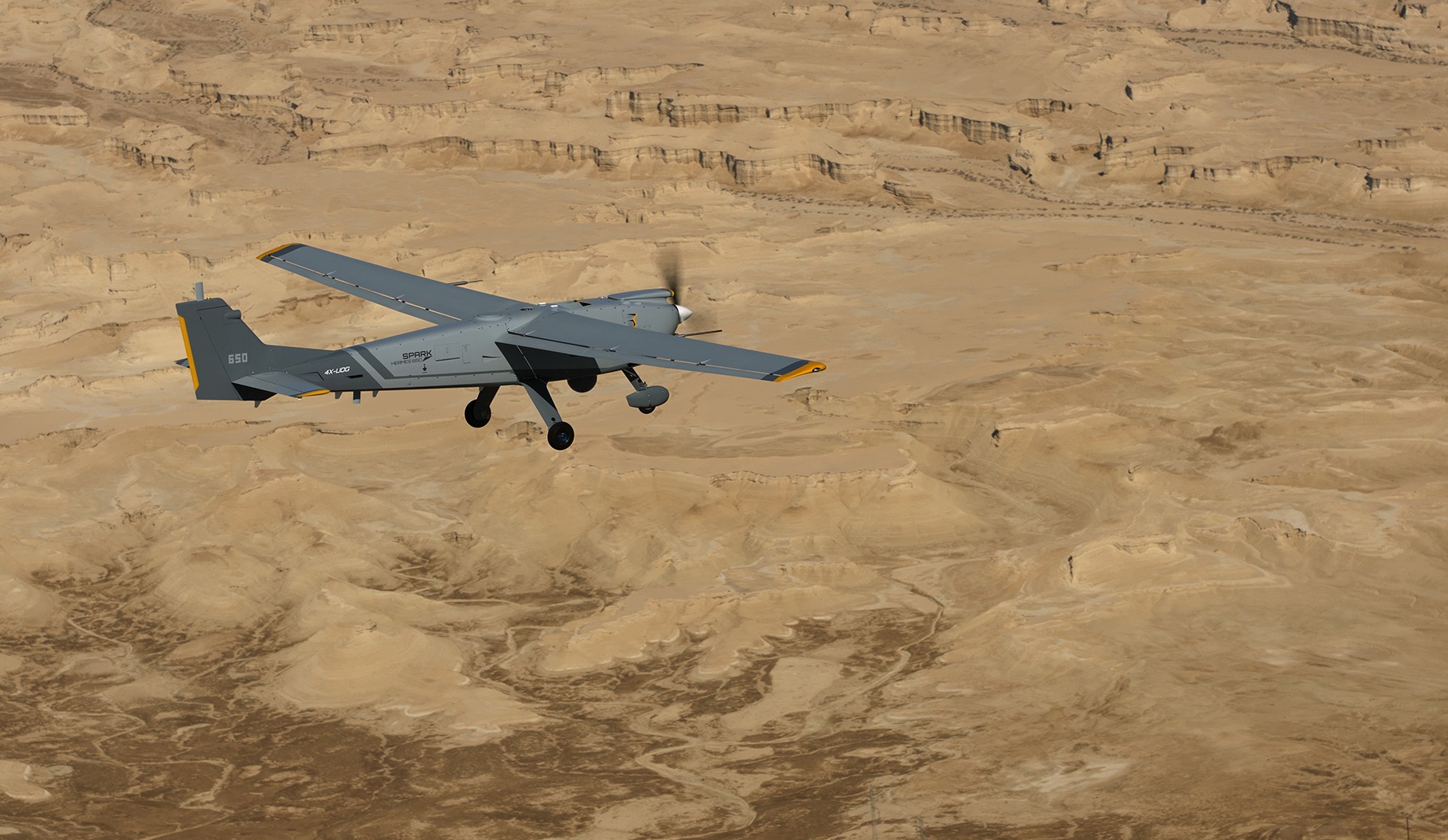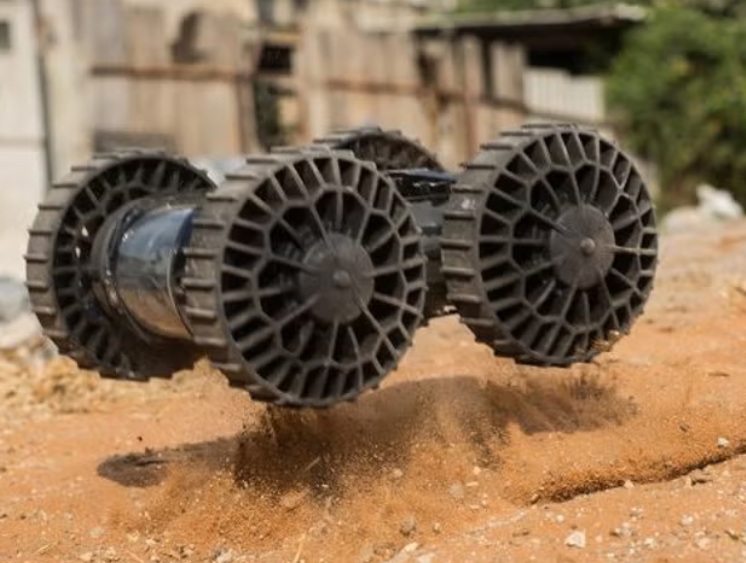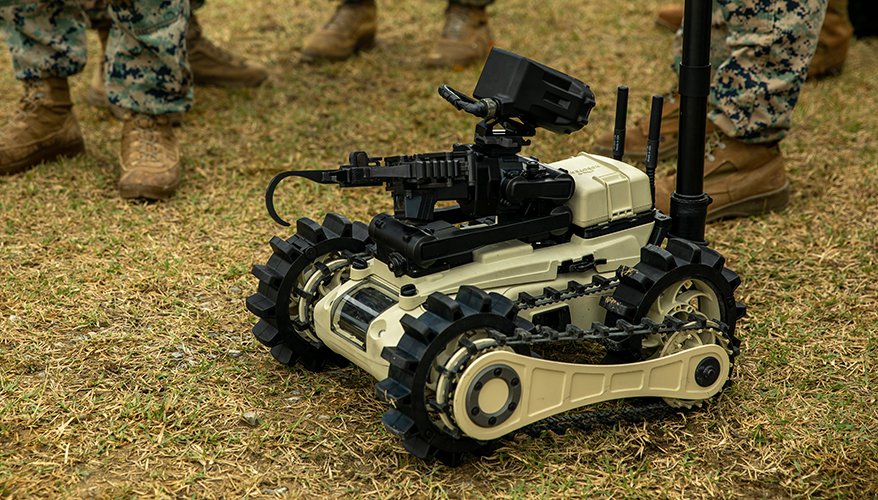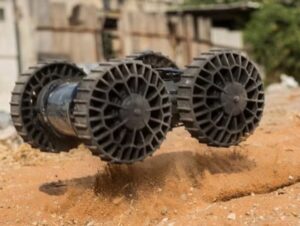The ReWalk Personal Exoskeleton allows IDF soldiers with spinal cord injuries to stand, walk, and even climb stairs.
By Yehezkel Laing
The IDF is increasingly adoptding robotic exoskeletons to rehabilitate severely injured soldiers, offering a transformative alternative to traditional physical therapy.
In 2025, Sheba Medical Center near Tel Aviv emerged as a leader in this field, using advanced exoskeletons to help paralyzed soldiers regain mobility.
One notable case involved a soldier named Daniel, who was shot in the back during combat in Gaza.
Initially diagnosed as permanently paralyzed from the neck down, Daniel began walking again after months of therapy using a robotic exoskeleton at Sheba’s Rehabilitation Hospital.
The exoskeleton used in Daniel’s recovery was developed by Lifeward Ltd. (Nasdaq: LFWD), formerly known as ReWalk Robotics.
Their ReWalk Personal Exoskeleton allows users with spinal cord injuries to stand, walk, and even climb stairs.
In April 2025, Lifeward partnered with Beilinson Hospital to launch a national training and procurement program for exoskeletons in Israel.
Another soldier, a 25-year-old reservist from the Paratroopers Reserve Brigade, became the first Israeli combat veteran to take home a personal exoskeleton after completing training.
These devices are tailored to individual gait patterns and paired with intensive neuro-rehabilitation, enabling controlled walking and balance restoration.
Compared to conventional rehab, exoskeleton-assisted therapy has shown superior outcomes in restoring mobility, reducing secondary complications like pressure sores, and improving cardiovascular health.
Traditional rehab often relies on passive movement and wheelchair-based routines, which limit muscle engagement and long-term recovery.
In contrast, exoskeletons promote active participation and neuroplasticity, accelerating progress.
Clinicians at Sheba report that patients using exoskeletons reach standing and walking milestones weeks earlier than those in standard programs.
Israel’s investment in this technology reflects a broader commitment to battlefield recovery innovation.
With over 1,200 wounded soldiers treated in 2024 alone, exoskeletons are becoming a cornerstone of IDF rehabilitation strategy.
In addition, Israeli scientists at Tel Aviv University have recently developed a groundbreaking spinal cord implant using a patient’s own cells, potentially reversing paralysis.
Led by Prof. Tal Dvir and commercialized by biotech firm Matricelf, the implant mimics natural spinal tissue and is designed to restore mobility in patients with severe spinal cord injuries.
The world’s first human trial is scheduled for late 2025 in Israel, marking a historic milestone in regenerative medicine.
This personalized approach could allow paraplegics to stand and walk again, offering hope to over 15 million people worldwide living with spinal cord damage, including IDF soldiers.


